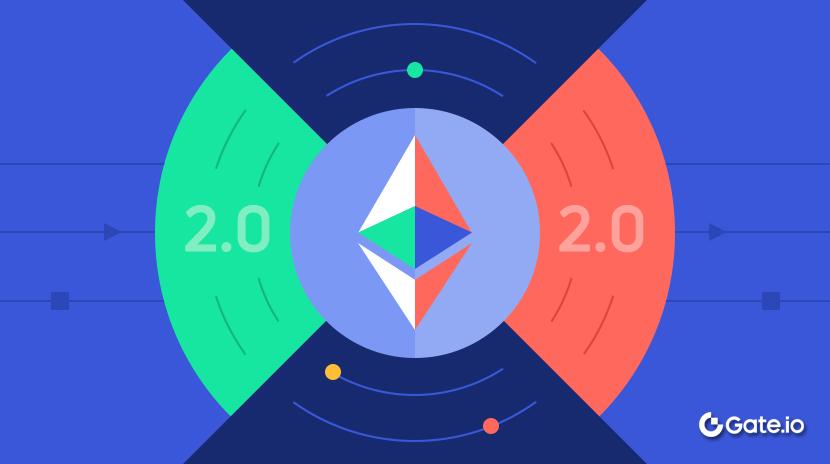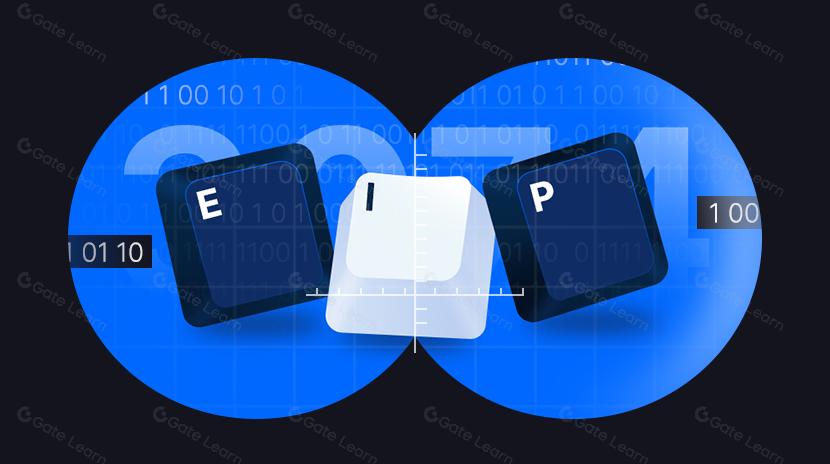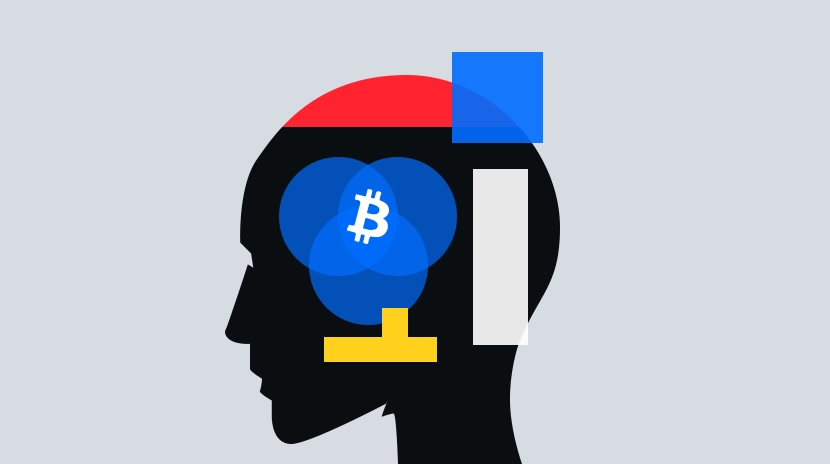ethereum wallet lookup

Ethereum wallet lookup is a tool or service that allows users to retrieve and view information related to specific wallet addresses on the Ethereum blockchain. By inputting an Ethereum address (typically a 42-character hexadecimal string starting with "0x"), users can access detailed data including transaction history, token balances, NFT holdings, and smart contract interactions for that address. This query functionality is built on Ethereum's public ledger characteristics, fully embodying blockchain transparency while providing users with important tools for monitoring assets, verifying transactions, and conducting on-chain analysis.
Background: The Origin of Ethereum Wallet Lookup
The development of Ethereum wallet lookup tools is inseparable from the public and transparent nature of the Ethereum blockchain. Since the Ethereum mainnet launched in 2015, the need to view on-chain data has always existed. In the early days, developers primarily obtained this information by directly interacting with Ethereum nodes, which required specialized knowledge and technical capabilities.
As the ecosystem evolved, dedicated blockchain explorers such as Etherscan, Ethplorer, and Blockchair emerged. These platforms transformed complex blockchain data into user-friendly interfaces, making wallet information easily accessible to average users. Concurrently, with the rise of DeFi (Decentralized Finance), demand for wallet analysis tools grew further, prompting the emergence of more specialized wallet lookup services that offer not just basic balance inquiries but also advanced features like historical valuation and yield analysis.
Work Mechanism: How Ethereum Wallet Lookup Works
Ethereum wallet lookup tools operate based on retrieving and parsing data from the Ethereum blockchain:
-
Data indexing: Lookup services continuously index and store blockchain data by running Ethereum full nodes or utilizing API services from node providers.
-
Address monitoring: When a user inputs an Ethereum address, the system retrieves all transaction records associated with that address.
-
Balance calculation: By tracking all incoming and outgoing transactions, the system can calculate the current balance of ETH and various ERC tokens held by that address.
-
Smart contract analysis: For transactions involving smart contract interactions, the system parses the called functions and parameters to display the user's DeFi activities, NFT operations, and more.
-
Data visualization: Raw blockchain data is transformed into easily understandable charts, tables, and timelines to help users comprehend their financial activities.
Advanced wallet lookup platforms also utilize API integrations, caching mechanisms, and distributed storage systems to improve query efficiency, ensuring good performance even when processing large volumes of transaction data.
Risks and Challenges of Ethereum Wallet Lookup
While Ethereum wallet lookup tools provide valuable transparency, there are several noteworthy risks and challenges when using these services:
-
Privacy concerns: Anyone can view the transaction history and balance of public addresses, which may lead to financial privacy issues. High-value addresses are particularly vulnerable to becoming targets for hackers.
-
Data accuracy challenges: Different lookup tools may use different data indexing methods, sometimes resulting in discrepancies in balance calculations or transaction categorization.
-
Complex transaction parsing: Complicated DeFi operations involving multi-layered smart contract interactions can be difficult to accurately parse and display, causing users to misunderstand the true nature of certain transactions.
-
Security risks: Malicious wallet lookup websites might prompt users to connect their wallets or enter private keys, facilitating phishing attacks.
-
Regulatory and compliance issues: In certain jurisdictions, using these tools for in-depth analysis of others' financial activities may raise legal concerns, particularly regarding privacy laws and data protection regulations.
To mitigate risks, users should select well-known and reputable wallet lookup services, avoid connecting wallets on untrusted platforms, and understand the inherent transparency characteristics of public blockchains.
Ethereum wallet lookup services play a crucial role in the blockchain ecosystem. They not only provide convenient tools for individual users to manage assets and verify transactions but also offer valuable on-chain analytical capabilities for researchers, auditors, and regulatory authorities. As blockchain technology continues to evolve, these lookup tools are also continuously advancing, adding more sophisticated analytical functions, more user-friendly interfaces, and richer data integration capabilities. As decentralized finance and Web3 continue to expand, transparent and reliable wallet lookup services will continue to serve as important bridges connecting users with blockchain data, fostering healthy ecosystem development and trust-building.
Share
Related Articles

What Is Ethereum 2.0? Understanding The Merge

Reflections on Ethereum Governance Following the 3074 Saga
